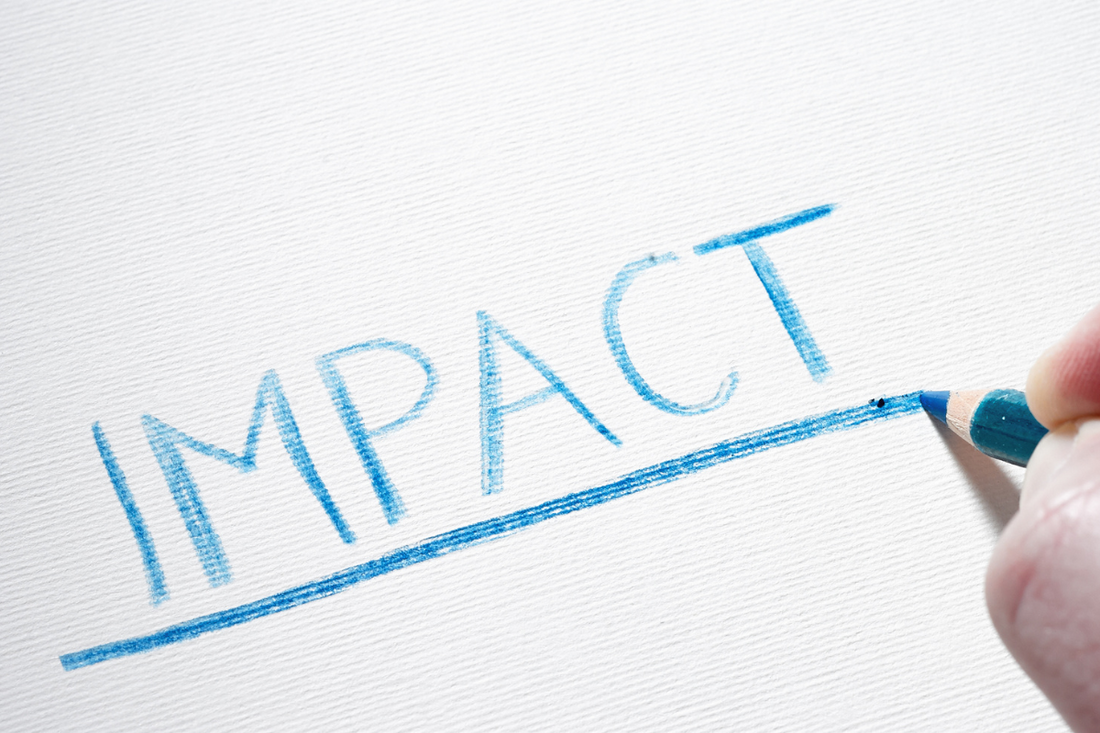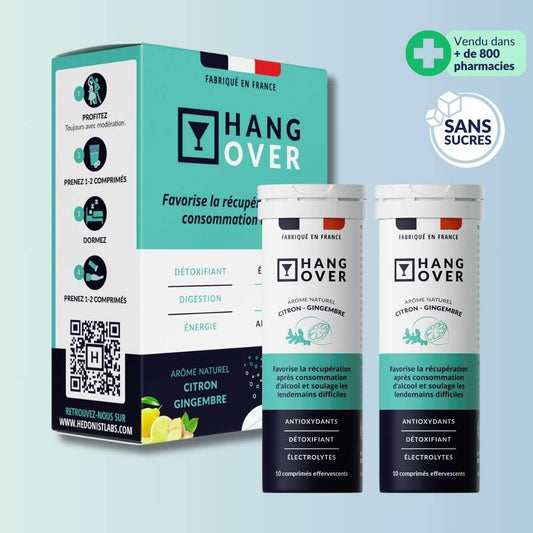Headaches, fatigue, digestive discomfort, difficulty concentrating- there are many apparent symptoms associated with alcohol consumption. It's an uncomfortable state, but one that exists and has an impact.
Did you know that, depending on the country, hangovers cost companies between hundreds of millions and several billion dollars a year?
Indeed, numerous studies have looked at theeconomic impact of hangovers on businesses.
Here is a table showing annual costs for various countries:
|
Country |
Cost per year |
|
United States |
77 billion |
|
Thailand |
2.8 billion |
|
Switzerland |
1.7 billion Swiss francs |
|
United Kingdom |
1.4 billion |
|
Canada |
1.4 billion |
|
Australia |
450 million |
|
Sri-Lanka |
109 million |
To calculate the cost, the researchers took into account the cost of paid leave, as well as the cost of reduced productivity for those who came to work.
In the specific case of the Australian study, based on a sample of around 9.4 million workers :
750,000 don't drink, 5.3 million drink lightly, 2.5 million drink moderately and 870,000 drink heavily.
- - Low-volume consumers took 170,000 days off work due to hangovers, at a cost of around $46 million.
- - Average consumers took 160,000 days off at a cost of $170 million
- High-volume consumers took 870,000 days off, at a cost of $235 million.
In total, Australian workers took 1.6 million days off work to recover from alcohol consumption, costing companies around $450 million.
The hangover therefore generates a significant slowdown in business productivity, with not inconsiderable monetary costs.
Although there's a growing awareness of theimpact of alcohol consumption on health and productivity, few people want to give it up. That's why we created HANG-OVER to combine hedonism and performance.
Sources :
Institute of Alcohol Studies. (2020, October). The costs of alcohol to society. Retrieved from https://www.ias.org.uk/wp-content/uploads/2020/12/The-costs-of-alcohol-to-society.pdf
O.F.S.P. (2014, March 20). The social costs of alcohol fall primarily on businesses and the economy. https://www.bag.admin.ch/bag/fr/home/das-bag/aktuell/medienmitteilungen.msg-id-52357.html
Ranaweera, S., et al. (2018). Economic costs of alcohol use in Sri Lanka. PLOS ONE, 13(6), e0198640. https://doi.org/10.1371/journal.pone.0198640
Roche, A., et al. (2015). Alcohol- and drug-related absenteeism: a costly problem. Australian and New Zealand Journal of Public Health, 40(3), 236-238. https://doi.org/10.1111/1753-6405.12414
Sacks, J. J., Gonzales, K. R., Bouchery, E. E., Tomedi, L. E., & Brewer, R. D. (2015). 2010 National and State Costs of Excessive Alcohol Consumption. American Journal of Preventive Medicine, 49(5), e73-e79. https://doi.org/10.1016/j.amepre.2015.05.031
Single, E., et al. (1998). The economic costs of alcohol, tobacco and illicit drugs in Canada, 1992. Addiction, 93(7), 991-1006. https://doi.org/10.1046/j.1360-0443.1998.9379914.x
Thavorncharoensap, et al (2010). The economic costs of alcohol consumption in Thailand, 2006. BMC Public Health, 10(1). https://doi.org/10.1186/1471-2458-10-323
Wiese, J. G., et al (2000). The Alcohol Hangover. Annals of Internal Medicine, 132(11), 897. https://doi.org/10.7326/0003-4819-132-11-200006060-00008





